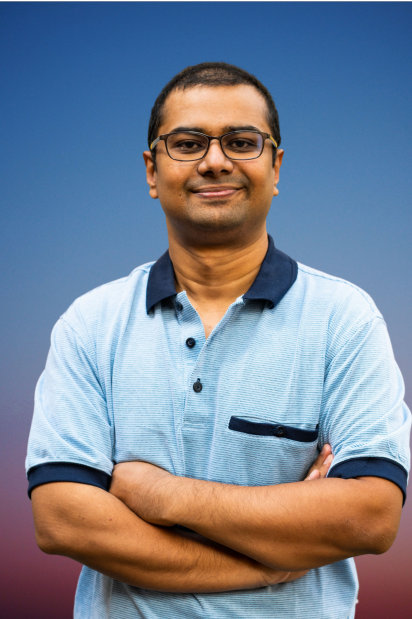Who is Roger Halbheer?
I was fortunate enough to create build my roles around my passion: I am a security person since ages and I often joke that this is the only thing I am able to do. I always say that security people are very special (paranoid and so on) – and I must include myself into this group.
Therefore, still being an engineer, I am a security person at heart and love this topic – and the people working in security (most of the time).
Tell us more about your role in Chief Security Advisor?
I feel that I am always best when I can work with customers and with people. I work across different countries and try to help the larger customers we have driving their digital transformation with acceptable risks. We are in these discussions mainly addressing architectural challenges but have a lot of topics reaching into change management, say people, as well.
As I often work on the CxO level and am building trusted relationships with them wherever possible, I enjoy helping these customers with their business challenges and moving them forward. That we would like the customers to leverage our technology is obvious, but it has to fit their business needs and challenges.
What is the most difficult part of your job? But the most rewarding one?
We currently talk often about significant changes in the way people work and think. Security is not compliance or quality assurance anymore (if it was ever). Security has to become a business enabler. Seeing security teams still hanging in their old habits and fighting windmills is difficult and sometimes frustrating to see.
However, if things and habits start to change and companies really go for a modern architecture, this is a lot of fun. If we can even be part of the journey and help, it is extremely rewarding. Often, I can stay with the customer over several years and work closely with them and in this role see the successes as well.
Is there anything that you would change about your professional path?
Honestly, not a lot – if anything. I was lucky along the way, I never really planned my career – I stumbled from opportunity to opportunity and often had people believing in me and trusting me that I can grow into the position I got. This was not always completely successful, but I learned a lot with all these steps.
All these successes and failures are the bases for who I am today. Even if certain times were rough (and not always easy to cope with for friends and family), I would still take these steps again if I could choose.
At the end it is – for me – about doing something I like and I feel I can have a positive impact.
What’s your key strategy for the development of your company?
Well, I am just one piece in the big picture of Microsoft. In the Cybersecurity arena, we drove a lot of change into the industry, and this is part of the fun working here as, jointly, you can have a massive impact on where certain industries go.
I want to be part of taking this to the next level. If you think “Security” in the future, you should think “Microsoft”. Do not get me wrong, we are not there, yet and I was part of the times where the last company you would probably think of in the security space was Microsoft. This changed and I want to drive this further.
What do you think about the next period of time, keeping in mind the pandemic and the new business climate? How will your industry be affected?
There are different aspects to this: Digitalization definitely got a boost and Microsoft is “in the eye of the hurricane”. With this drive, security got a new uplift if played correctly – as I said as an enabler for this change. Therefore, I currently see that I have interesting work to do until my retirement as the criminals will even be more active on these digital platforms in this new world.
Please name a few technologies which have the greatest impact on your business.
On the one hand, everything which helped to support the new way of work. All this creates new questions and has significant impact on how security must look like. Architectures like Zero Trust are a new foundation of the future.
Then there are technologies which will be interesting to follow from a security perspective.
Artificial Intelligence and Machine Learning currently help a lot to address the challenge finding the needle in the haystack (which is often part of our problem to address). However, they are not a silver bullet – they are a means to the end.
Quantum computing will change cryptography. It is unclear, yet by when, but it seems to be a similar problem like the Year 2000 as a lot of the cryptographic algorithms we use today will be easily breakable and therefore have to be replaced.
What books do you have on your nightstand?
It depends. When I read, I often want to be entertained and I want to relax. Therefore, for me there are the classical action-oriented books. If we look at the business, one of the most impressive authors I read is Clayton M. Christensen, who unfortunately passed away last year. He did a lot of forward-looking research on innovation and he really shaped the way I am looking at this. There is really only one book I recommend to everyone: Innovator’s Dilemma. Even though it is fairly old, it shows our today’s challenges better than anything I ever read about it.
Because of the current economic climate our publication has started a series of discussions with professional individuals meant to engage our readers with relevant companies and their representatives in order to discuss their involvement, what challenges they have had in the past and what they are looking forward to in the future. This sequence aims to present a series of experiences, recent developments, changes and downsides in terms of their business areas, as well as their goals, values, career history, the high-impact success outcomes and achievements.




